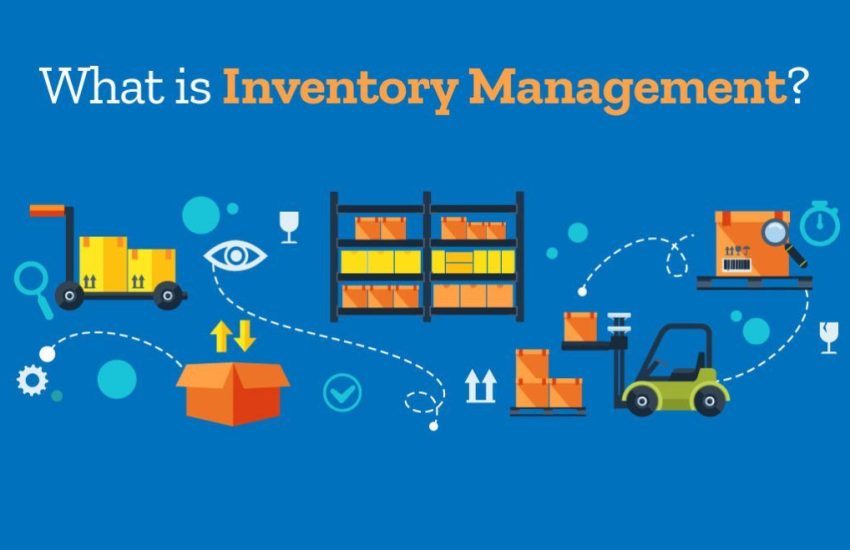Freight Forwarding & Transportation Solutions
In today’s fast-paced world, the transportation and logistics industry plays a crucial role in ensuring the seamless movement of goods across the globe. Freight forwarding companies are constantly looking for ways to streamline their operations and improve efficiency. With the advancement of technology, there are now more tools and solutions available than ever before to help businesses in this sector meet their goals.
The Role of Technology in Freight Forwarding
Technology has revolutionized the freight forwarding and transportation industry by providing innovative solutions to common challenges. From tracking shipments in real-time to optimizing routes and reducing fuel consumption, technology has significantly improved the efficiency and effectiveness of freight forwarding operations.
One of the key advantages of technology in this industry is the ability to track shipments at each stage of the transportation process. With the use of GPS tracking devices and advanced software systems, freight forwarding companies can now provide their customers with real-time updates on the location and status of their shipments. This not only improves transparency but also helps businesses to proactively address any potential delays or issues that may arise during transit.
Optimizing Transportation Solutions with Technology
In addition to tracking shipments, technology also plays a crucial role in optimizing transportation solutions. Advanced route optimization software can analyze various factors such as traffic patterns, road conditions, and weather forecasts to determine the most efficient route for each shipment. By choosing the optimal route, freight forwarding companies can reduce fuel consumption, minimize delivery times, and ultimately save costs.
Another way technology is transforming the transportation industry is through the use of digital platforms and online marketplaces. These platforms allow shippers and carriers to connect directly, bypassing traditional intermediaries and reducing the complexity of the supply chain. By leveraging these digital solutions, businesses can easily find and book transportation services, compare rates, and track shipments all in one place.
The Future of Freight Forwarding and Transportation
As technology continues to advance, the future of freight forwarding and transportation looks promising. With the rise of automation, artificial intelligence, and the Internet of Things (IoT), businesses in this sector can expect even greater improvements in efficiency and productivity.
Automation technologies such as robotic process automation (RPA) and autonomous vehicles are already being adopted by some forward-thinking companies to streamline operations and reduce human errors. This trend is likely to continue as businesses look for ways to improve their bottom line and stay ahead of the competition.
Additionally, the integration of artificial intelligence (AI) and machine learning into transportation solutions can help businesses make smarter decisions based on vast amounts of data. AI-powered predictive analytics can forecast demand, optimize inventory levels, and even predict potential disruptions in the supply chain before they occur.
In conclusion, technology has transformed the freight forwarding and transportation industry in countless ways. By embracing innovative solutions and leveraging the power of technology, businesses in this sector can optimize their operations, reduce costs, and deliver a superior customer experience. The future is bright for those who are willing to embrace the digital revolution and stay ahead of the curve.


